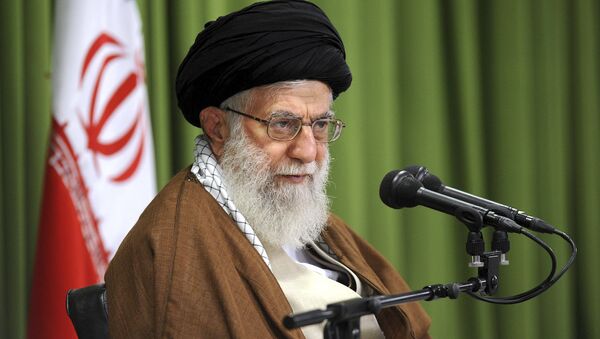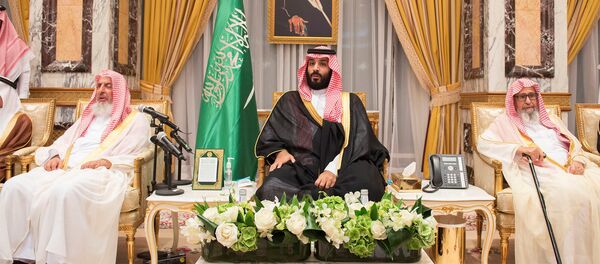According to Foreign Policy magazine, the newly-appointed White House security adviser “is a national security threat”, it noted that "John Bolton wants regime change in North Korea and Iran, and he’ll do whatever it takes to get it." According Michael H. Fuchs, former deputy assistant secretary of state for east Asian and Pacific affairs, "Donald Trump is assembling his war cabinet" and "if you’re not scared yet, you should be."
The US President is filling his cabinet with neocon war hawks, who spent years or even decades lobbying for American military interventions all over the world. Countries with a strong nuclear deterrence, like Russia or China, are relatively safe, at least for now, while countries like Iran or North Korea should definitely be very concerned about the prospect of a new American war in the Middle East or South East Asia. Given that Bolton is a longtime Iran hawk and that Trump is looking for a meeting with Kim Jung-un, Iran looks like the more likely target, at least in the near term.
Iran needs to defang the US sanctions, because otherwise its economy will crash, paving the way for an externally supported regime change. If Russia, China and the European Union refuse to reinstate the sanctions, Washington will have a hard time against Iran. The war hawks in Washington are aware of this, and will surely try to go after Chinese and European companies that are dealing with Iran. The EU has a special directive, meant to shield European companies from extraterritorial sanctions, that was adopted to protect European companies dealing with Cuba despite American protests.
However, it will take Tehran some diplomatic efforts to convince the European leaders to use it in Iran’s case. A good argument would be that allowing Washington to punish European companies for dealing with Iran will set a very dangerous precedent that will surely be used against European interests again and again. Moreover, the European Union should be interested in preventing a spike in oil prices that will inevitably occur, if the Trump administration manages to scare the European buyers of Iranian oil into submission.
A good option for Iran is to obtain some sort of military and diplomatic protection from a global power that Trump has to take seriously. For instance, Iran can throw its support behind China’s push to dethrone the US dollar as the currency of choice for global oil trading. After a long period of preparations that lasted 25 years, China launched its yuan-backed oil futures contract on March 26th. Beijing is now desperate to find sellers, willing to not only peg the price of their oil to the newly launched contract, but also receive payment in yuan. If Iran officially pledges to switch its export contracts to yuan and link the price of Iranian oil to the futures traded on the Shanghai Futures Exchange, China will feel obliged to use all its influence to protect Iran in order to help the Chinese attempts at yuan internationalization. Making Beijing an active ally, instead of a neutral observer, could save Iran, but the other hand it could further motivate neocons like Bolton to push for a military intervention.
Any viable Iranian strategy should also include a rapprochement with Turkey in spite of all religious and geopolitical differences between the two countries. Rouhani's decision to meet Putin and Erdogan in Ankara is definitely a step in the right direction. Washington always tries to assemble a "coalition of the willing" before it goes to war, like it did in Iraq. An eventual anti-Iranian coalition consisting of Saudi Arabia and Israel, without Turkey or any European countries, would likely be considered inadequate by the Trump administration. Therefore, Iran's survival may depend upon its diplomatic capabilities and willingness to forge strong ties with China, Russia, the European Union and Turkey.
On May 12th, the US President will have to decide whether to kill or to keep the so-called Joint Comprehensive Plan of Action (JCPOA) on Iran. There is a slight chance that European diplomats can convince him to renegotiate the "Iran nuclear deal" instead of just blowing up the entire accord, but given the latest appointments in the Trump cabinet, it is quite likely that no diplomatic solution will be accepted. Sadly, if the US pull out of the “Iran deal”, another war in the Middle East may be started even before the end of Trump's term in office.
The views and opinions expressed in this article are those of the author and do not necessarily reflect those of Sputnik.


